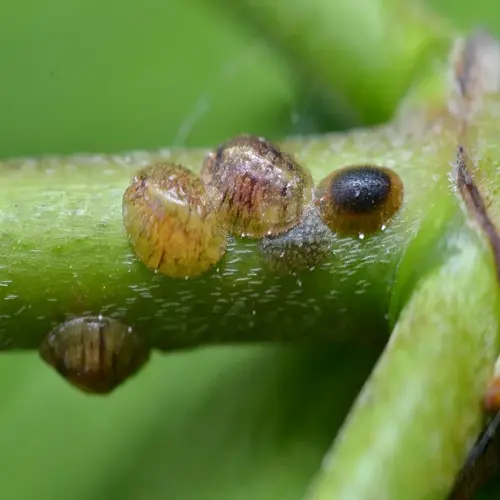What are the main pest control methods?

Written by
Nguyen Minh
Reviewed by
Prof. Martin Thorne, Ph.D.Understanding pest control methods allows you to protect your property effectively. Different pest control methods are more effective for addressing various types of pest problems and specific environments. The severity and location of the infestation influences the choice of methods. I consider the safety and environmental effects of each method before deciding on its use. You will learn some practical solutions here.
Physical barrier methods protect against pests. Caulk cracks. Put screens on window openings. Place mouse traps along walls. These methods keep pests outside without applying chemicals. I would advise these for children's rooms and kitchens. They are effective immediately. You get results quickly.
Physical Controls
- Install door sweeps and weather stripping
- Use copper mesh to block rodent entry points
- Apply diatomaceous earth for crawling insects
- Set up pheromone traps for specific species
Biological Methods
- Introduce ladybugs for aphid management
- Apply beneficial nematodes for soil pests
- Use Bacillus thuringiensis for caterpillars
- Encourage bird habitats for insect control
Chemical Treatments
- Spot-treat ant trails with gel baits
- Apply insect growth regulators for fleas
- Use rodenticide blocks in secured stations
- Select botanical insecticides like neem oil
Integrated Systems
- Combine monitoring with targeted interventions
- Rotate control methods to prevent resistance
- Implement habitat modification strategies
- Schedule follow-up inspections regularly
Biological Control employs nature's balance for pest management. Predatory insects feed on pests without harm to the ecosystem. Microbial agents target specific species. I typically introduce lacewings for aphid infestations (food for other insects, too). Lacewings feed continuously without the application of chemicals. You are, in this way, contributing to the development of the ecosystem for upcoming seasons.
Chemical options must be approached carefully, adhering strictly to the labeled directions. Use targeted applications by doing \"spot spraying\" rather than spraying all over the place. In areas near food, I prefer using formulations with lower toxicity. Storing chemicals properly will avoid accidents. These methods work on excruciating levels of infestations.
Integrated solutions produce the best long-term results. Integrate physical barriers with biological agents. Add chemical treatments only when necessary. I don't use a one-size-fits-all solution for every property; instead, I create a customized program tailored to your specific needs. You receive total protection without overuse of one particular method.
Professional services offer expertise for complex matters. The technicians discover nests and entry sites. They receive commercial-grade products and equipment. I recommend them for termite or bed bug control. You save time and prevent costly mistakes.
Read the full article: Comprehensive Pest Control Solutions Explained

